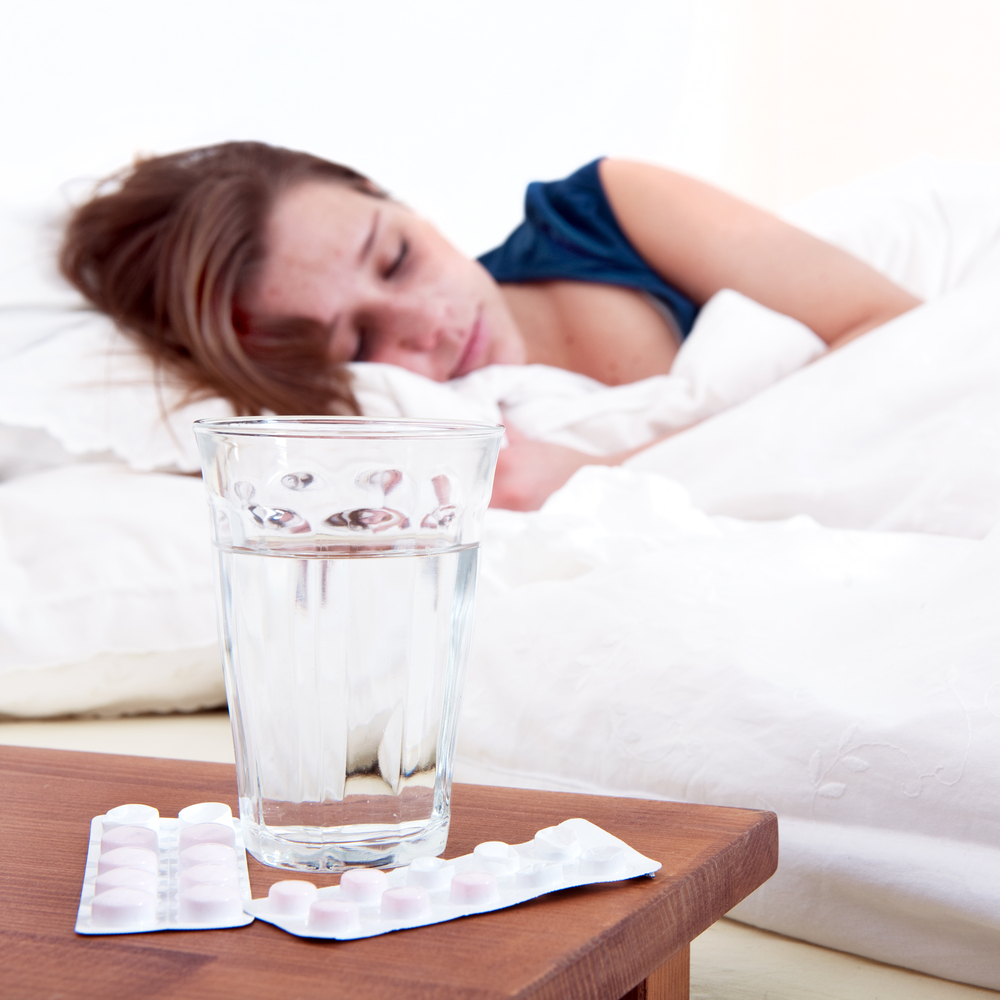Why Women Are More Prone to Infections When Ovulating

Women are most likely to get sick smack dab in the middle of their menstrual cycles — when they are ovulating — and a new study from Spain gives a clue as to why.
The high levels of the hormone estrogen present during ovulation lower the activity of a key immune system molecule, according to the findings.
During ovulation, a woman's body is primed to become pregnant: an egg is released from an ovary, the uterus is full of nutrients and levels of estrogen are at their highest. Previous research has shown that during this time, a woman is more likely to become infected with pathogens, including herpes, HIV and human papillomavirus (HPV).
"This reduced activity of the immune system is what allows sperm to survive in the female reproductive tract," allowing for a woman to become pregnant, said first author of the new paper Miguel Relloso, of Compultense University in Madrid. "But it also allows pathogens to infect at the same time."
The new findings, which reveal the molecular details of this connection, were published in the January issue of the Journal of Leukocyte Biology.
Turning down immune cells
Anecdotal evidence suggests that women are most prone to infections during ovulation, and previous research had explained part of the puzzle. The hormone estrogen, scientists discovered, turns down the activity of immune system molecules that defend against pathogens such as viruses and bacteria, which make us sick by invading our cells.
Sign up for the Live Science daily newsletter now
Get the world’s most fascinating discoveries delivered straight to your inbox.
However, other pathogens, such as fungi, remain outside cells during infections, and ovulating women also were more likely to get these kinds of infections. Relloso and his colleagues therefore suspected that something else was going on.
The scientists studied how the immune system changes in mice when estrogen levels are high. They treated female mice with estrogen and tested how susceptible they were to infection by Candida albicans, a fungus that causes genital yeast infections.
As expected, the mice treated with estrogen were more prone to the infections than those that weren't. Further, the researchers found that levels of an immune system molecule called Th17 were particularly low in these mice.
Estrogen binds to the cells that trigger production of Th17 and blocks production, the researchers found. Relloso said he next wants to study the effect of progesterone, the hormone that spikes after the end of ovulation, on the immune system. It likely has the opposite effect on the immune response, he said.
"We want to understand how these two hormones regulate not only the female menstrual cycle but the immune system as well," Relloso said.
Protecting Against Disease
Understanding how estrogen affects the immune system is vital to developing new ways to fight pathogens — for example, creating drugs that to make women less susceptible to HIV.
Sex hormones also likely play a role in autoimmune disorders, which are more common in women than men, said Susan Kovats of the Oklahoma Medical Research Foundation. It's a complex relationship that needs more research to be fully understand.
"Women are more susceptible to autoimmune diseases, which might make you think that estrogen is pro-inflammatory," Kovats said. "But then you have data like this that shows how higher levels of estradiol can be anti-inflammatory. I think it has to do with the dose."
Relloso's study relied on mice that had their ovaries removed and were given constant high doses of estrogen —this doesn't mimic real life, Kovats noted. "This abolishes the normal cycling of estradiol that women have," she explained. Future work could study how Th7 is affected by such normal cycling rather than constantly high levels.
Pass it on: The immune system lets down its guard when a female is ovulating, to let a sperm survive in the reproductive tract. As a side effect, ovulating females are more prone to infections from yeast, bacteria and viruses.
Follow MyHealthNewsDaily on Twitter @MyHealth_MHND. Find us on Facebook.









